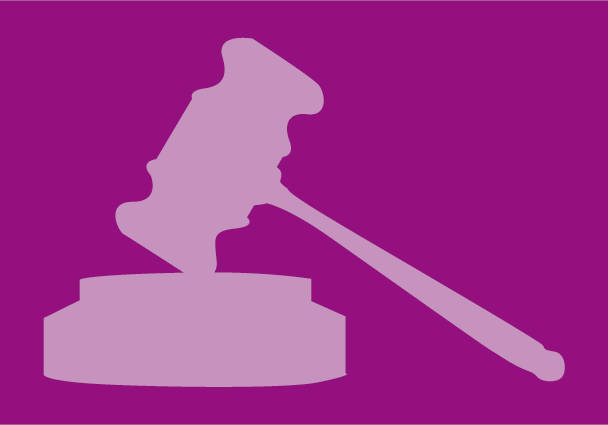
CIJL Newsletter – N°1
This newsletter informs you on recent activities and ongoing situations related to the work of the Centre for the Independence of Judges and Lawyers.

This newsletter informs you on recent activities and ongoing situations related to the work of the Centre for the Independence of Judges and Lawyers.
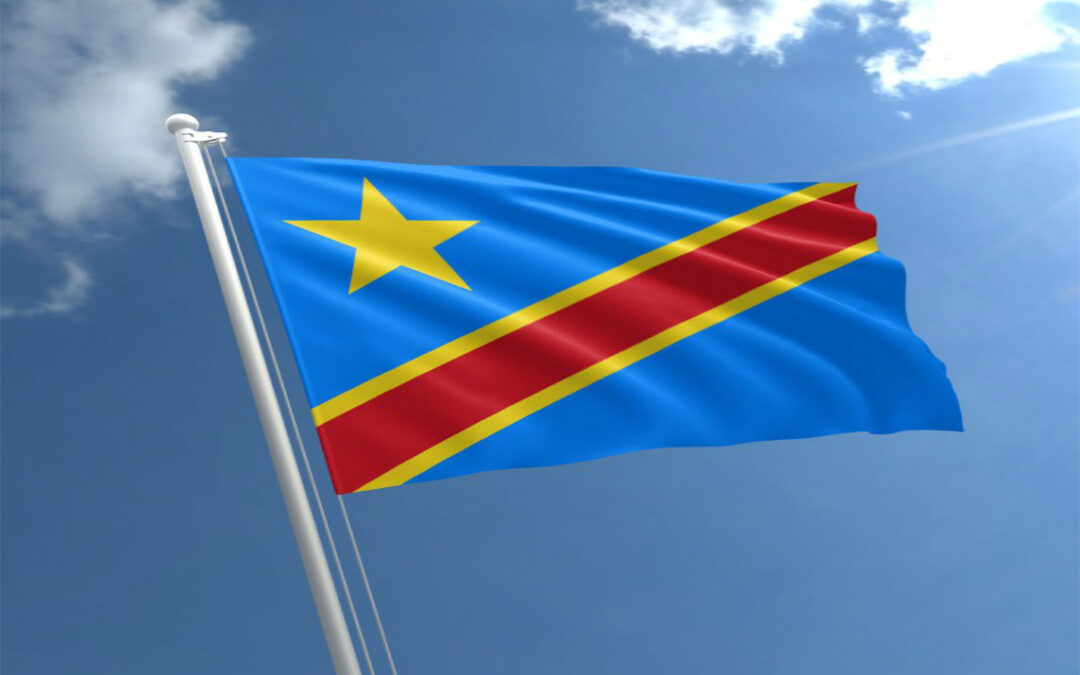
 The ICJ has noted with grave concern reports that the National Director of Public Prosecutions in DRC has given an instruction urging senior members of the National Bar Association to dismiss Bâtonnier Mbuyi Mbiye Tanayi.
The ICJ has noted with grave concern reports that the National Director of Public Prosecutions in DRC has given an instruction urging senior members of the National Bar Association to dismiss Bâtonnier Mbuyi Mbiye Tanayi.
The President of the National Bar, Bâtonnier Mbuyi Mbiye is known to persistently denounced attacks on the independence of the judiciary by the Executive and has often exhorted the lawyers in the ongoing Chebeya case to discharge their duties without any fear or favour.
It is significant to note on or around 12 July 2012, intelligence service officers carried out searches at Bâtonnier Mbiye’s home and chambers without search warrants, and proceeded to confiscate his computers on allegations that he is linked with the M23 rebel movement.
As we release this document, senior members of the National Bar Association are reportedly going to meet in a few hours and discuss the possible removal of Bâtonnier Mbuyi Mbiye from the leadership of the National Bar Association, as instructed by the Procureur Général de la République (PGR, the National Director of Public Prosecutions).
The ICJ considers that PGR’s interference with the running of the affairs of the Bar Association and the persecution of Bâtonnier Mbuyi Mbiye constitute a blatant violation of the independence of individual lawyers as well as of the legal profession as a whole, as provided for by the UN Basic Principles on the Role of Lawyers and the Principles and Guidelines on the Right to a Fair Trial and Legal Assistance in Africa.
The instruction given to senior bar members also seriously undermines the independence of the judiciary, which is guaranteed by the Constitution of DR Congo, as well as at international level by Article 14 of the International Covenant on Civil and Political Rights and Article 26 of the African Charter on Human and Peoples’ Rights, to which DR Congo is a State party.
The ICJ observes that the independence of lawyers is essential for the protection and promotion of the rule of law and human rights in a constitutional democracy. This independence requires that lawyers be subject to self-regulation, which is free from improper and undue interference, and observes principles of professional ethics.
Self-regulation ensures the protection of every one’s right to independent lawyers who adhere to legal principles, which uphold the rule of law and respect for human rights. For members of the public to access justice, they need the assurance that when requiring legal representation in any matter, including those against the state, they will be represented will be represented by lawyers who serve the interests of justice without fear or favour.
“Interference of the state’s prosecutorial authority in the affairs of the legal profession can only weaken the rule of law and human rights, and erode public confidence in the justice system. In any constitutional democracy, senior bar members cannot be instructed even to hold a meeting, let alone to dismiss their leader.”, commented Arnold Tsunga, Director of the ICJ Africa Regional Programme.
The ICJ strongly urges the Procureur Général de la République to desist from interfering with the affairs of the Bar Association and put an end to persecutions against Bâtonnier Mbuyi Mbiye.
The ICJ also exhorts senior Bar members to reject PGR’s instructions and resist any unwarranted manipulation of the Bar Association.
Further, the ICJ calls upon competent Congolese authorities to ensure at all times that the Bar Association, its leaders and members of the legal fraternity are able to discharge their duties without fear or threat of reprisals.
Contact:
Johannesburg: Linda Mtshali, Associate Legal Advisor, ICJ, Africa Regional Programme, t +27 11 024 8268; e-mail: linda.mtshali(at)icj.org
Geneva: Ilaria Vena, Associate Legal Advisor, ICJ, Centre for the Independence of Judges and Lawyers, t +41 22 979 38 27; e-mail: ilaria.vena(at)icj.org
DRC-Persécution contre le bâtonnier-press release-2012-french (full text in PDF)
Photo credit: Radio Okapi/John Bompengo
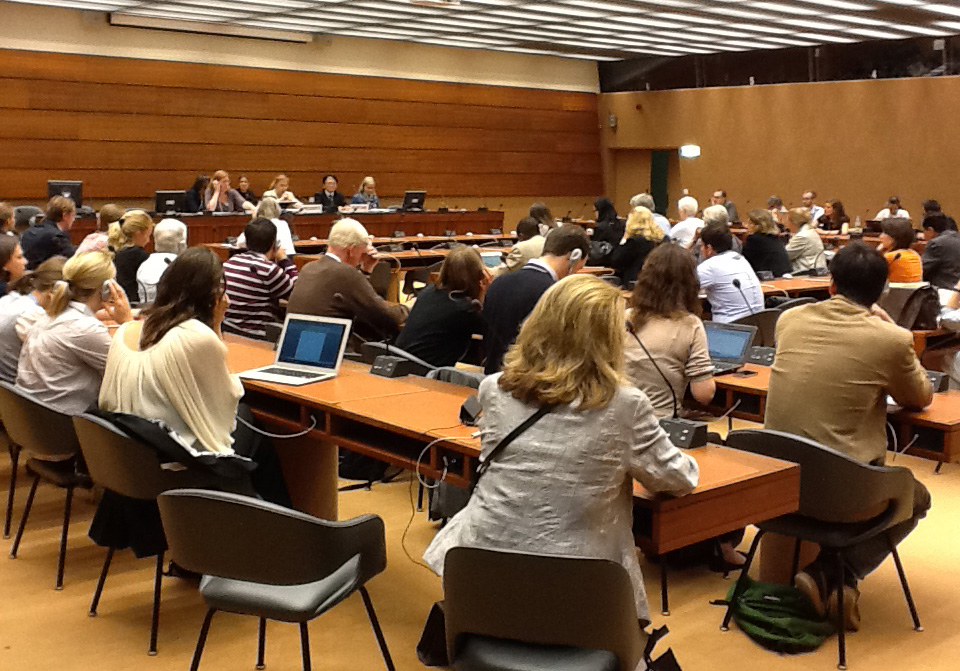
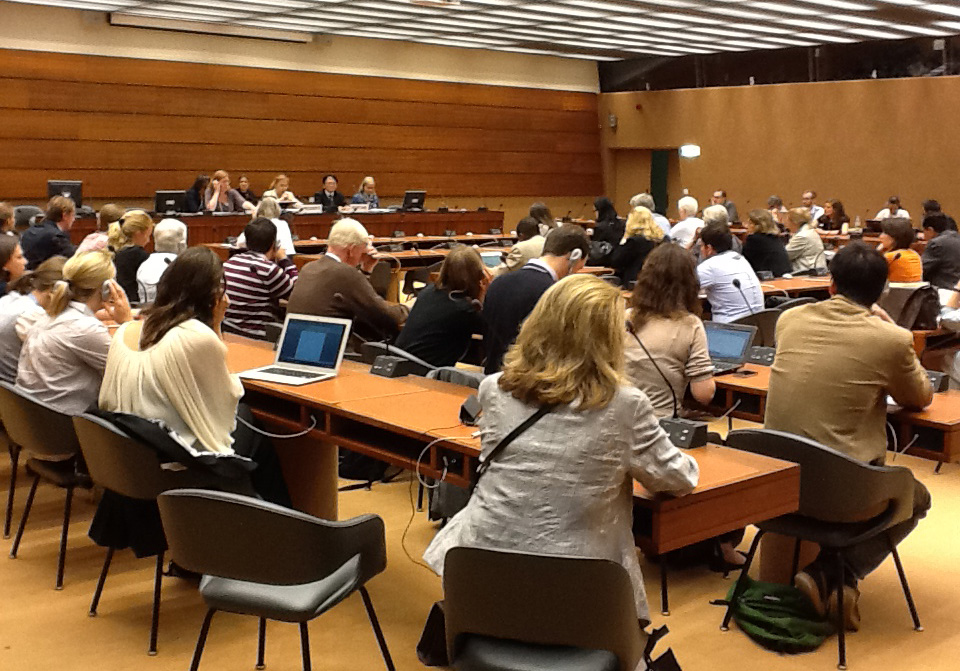 In the margins of the UN Human Rights Council 21st regular session, the ICJ held today a high-level discussion on the role of judges and lawyers in transition.
In the margins of the UN Human Rights Council 21st regular session, the ICJ held today a high-level discussion on the role of judges and lawyers in transition.
The ICJ side event discussed the role of, and challenges faced by, judges and lawyers in transition, especially as this relates to the promotion and enjoyment of truth, justice, reparation and guarantees of non-recurrence.
Panellists included Pablo de Greiff, the Special Rapporteur on the promotion of truth, justice, reparation and guarantees of non-recurrence, Judge Stefan Techsel, Judge Ad Litem at the ICTY, and Govinda Sharma, senior advocate from Nepal.
HRC21-J&LinTransition-flyer-Event-2012 (full text in PDF)
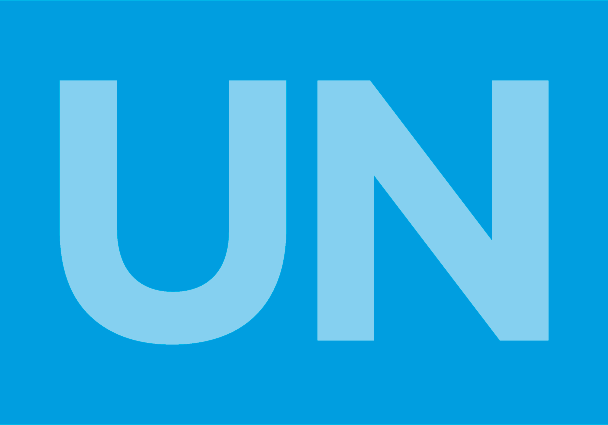
 The ICJ welcomes the first report of the Special Rapporteur on the promotion of truth, justice, reparation and guarantees of non-recurrence (A/HRC/21/46).
The ICJ welcomes the first report of the Special Rapporteur on the promotion of truth, justice, reparation and guarantees of non-recurrence (A/HRC/21/46).
The content of the report elaborates on the four pillars of the Special Rapporteur’s mandate and the ways in which this analysis will inform the execution of his mandate. The ICJ reiterates its support for the establishment of this important mandate, one that is crucial to combating impunity for human rights violations and guaranteeing victims’ access to justice.
In a written statement to the UN Human Rights Council, and an oral statement delivered jointly with Amnesty International on 12 September 2012, the ICJ referred to issues seen as critical to the execution of the Special Rapporteur’s mandate, and the way in which the Human Rights Council should engage with it.
ICJ-HRC21-Item3ID-SRTruthJustice-OralStatementnon-legal submission-2012 (download written statement, in PDF)
ICJ-Amnesty-HRC21-TruthJustice-OralStatement-2012 (download joint oral statement, in PDF)
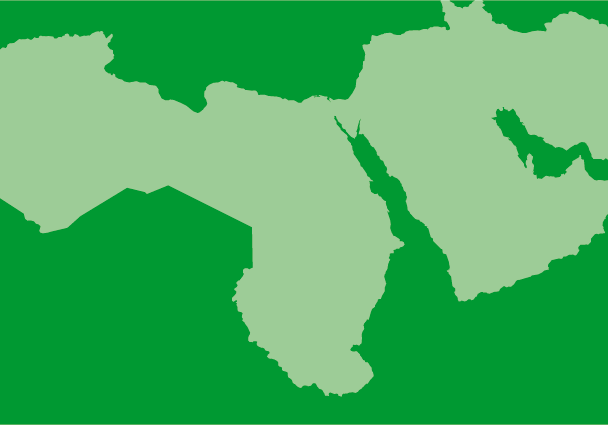
On 9-10 September 2012, the ICJ participated in a conference on “the independence of the judiciary in Egypt in light of the constitutional reform process and international standards”.
The conference, organized jointly by the ICJ, the Hisham Mubarak Law Centre and the Egyptian Organisation for Human Rights, was attended by international and national experts, including Justice Ian Binnie, a former judge of the Supreme Court of Canada, Justice Ketil Lund, a former judge of the Supreme Court of Norway and Wilder Tayler, Secretary General of the ICJ.
The conference addressed the following topics: the independence of the judiciary; the statute for judges; the High Judicial Council; the Supreme Constitutional Court; military and security courts and the independence of the judiciary; and the independence and impartiality of the office of the public prosecutor.
Egypt-Concept Note Independence of Justice conference-events-2012 (full text, PDF)
Egypt-ICJ Statement on Military Tribunals-events-2012 (full text, PDF)